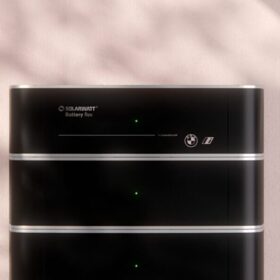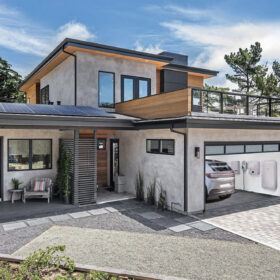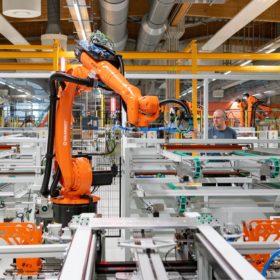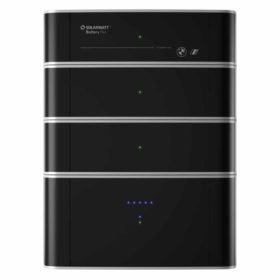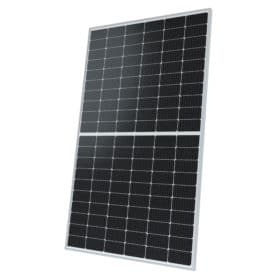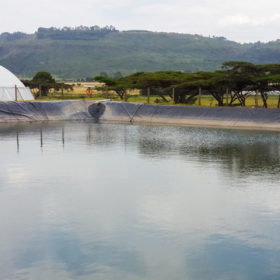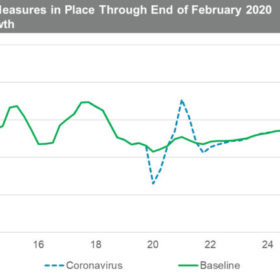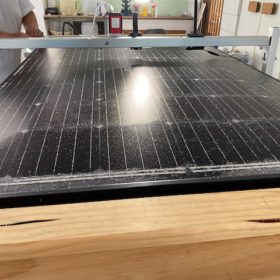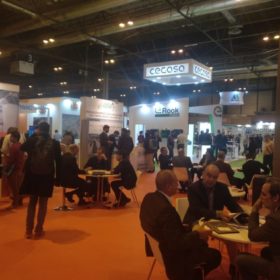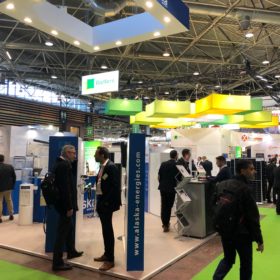Solarwatt presents DC version of Battery flex PV storage system
Solarwatt says it has developed a DC version of its Battery flex PV storage system. The new version offers backup power and is optimized for the Steca SolBrid hybrid inverter.
Weekend Read: The solar-battery-EV dream
For those who combine solar, batteries, and electric vehicles (EVs) at home, driving on sunshine is a realistic goal. However, there are many factors to consider when analyzing the economic payoffs, as well as the technical possibilities and limitations of such systems.
Solarwatt brings new module and battery factories online in Germany
German manufacturer Solarwatt today announced the opening of a new 300 MW module production facility, as well as new battery pack assembly lines, located on the outskirts of Dresden. The company invested around €35 million in the new lines and says it will begin delivering modules produced on the new equipment to customers as early as next week.
Solarwatt, BMW launch new storage system for residential PV
The smallest of the storage units has a capacity of 4.8 kWh and an output of 1.5 kW. It can be expanded to eight battery modules in steps of 2.4 kWh and has a maximum of 57.6 kWh, and 6 kW, of power.
Solarwatt unveils two bifacial glass-glass panels with half-cell design
The most powerful of the two products has a power output of up to 380 W and an efficiency of 20.4%. For both panels, the temperature coefficient is -0.37%. The German manufacturer said the modules are produced at its manufacturing facility in Dresden.
Kenyan floating solar crowdfunding bid could again end up smelling of roses
German company Ecoligo is offering micro investment in the construction of a 69 kW floating solar plant on the reservoir of a flower farm.
European battery providers mindful of possible coronavirus shortages as LG Chem halts production in China
Storage system providers in Europe have told pv magazine output has thus far been unaffected by the virus outbreak in China. Manufacturers are aware, however, the situation may change rapidly if self-isolation measures taken by the authorities continue.
Solarwatt’s Vision glass-glass PV passes Australian cyclone testing
Solarwatt’s Vision glass-glass solar PV modules have pushed the technology’s resilience even further after passing cyclone testing in Darwin, Australia.
Spain’s Genera event dominated by PV as it draws the crowds
Spain’s most important renewable energy fair is becoming increasingly about solar. After a decade of slim pickings, last year’s event promised better times and, if this year’s show didn’t completely deliver, that’s because elections loom large.
Lyon’s BePositive event shows confidence in French PV market remains strong
The solar event in Lyon illustrated how expectations of French solar remain big despite lower-than-expected development and issues related to regulations and carbon footprint requirements. The large participation of international and Chinese players seeking business among installers and distributors is a signal things may improve in the short term, and larger volumes may be deployed in the coming years.
